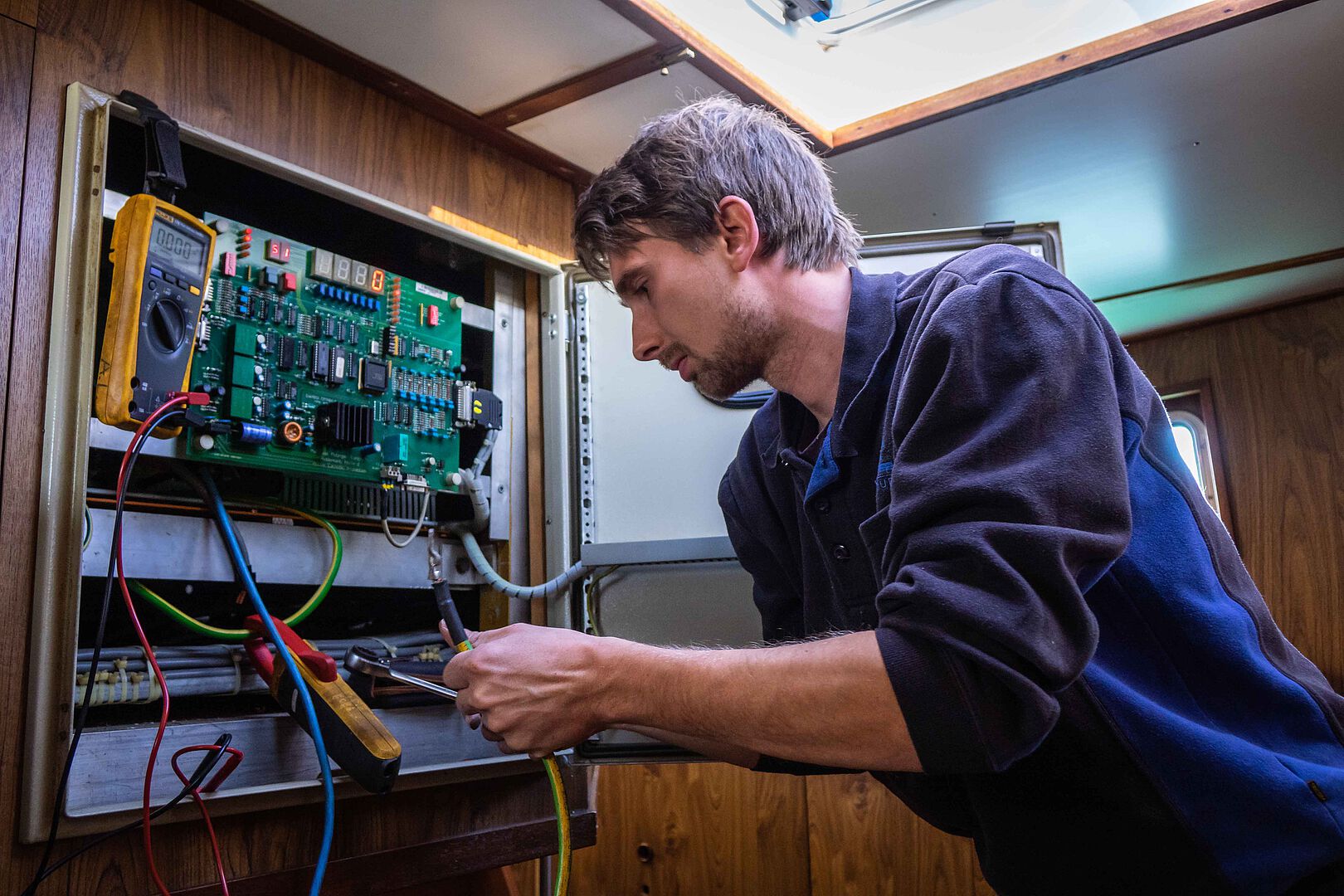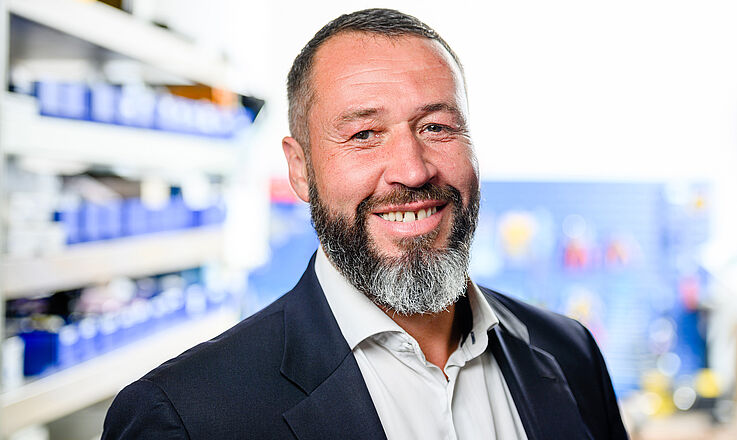Case Marker Wadden
"A Longer Life" for both vessel and nature
Read more
Cathodic protection is essential for corrosion prevention of fixed and floating marine steel structures. From the engineering phase, during the newbuild process and throughout the vessel's entire lifecycle, the focus should be on cost reduction, safety and extension of its operational life span.
You need a knowledgeable and experienced partner for all corrosion prevention related issues. A partner who helps you make decisions concerning the design, operation and maintenance of the vessel based on best practices and exact inspection data.
This is exactly MME Group's expertise. In addition to advising on the best cathodic protection solutions for newbuild projects, we carry out full cathodic protection surveys prior to and during dry-docking. Our report provides you with the necessary information to make educated decisions about repairs and maintenance.
Contact us if you have a question or want to receive a quotation!
Fed up with paying code renewal fees? Our systems have no subscription fees whatsoever. We offer replacement of subscription based systems at very sharp rates. Furthermore, all vessels that have MME Group ICCP and/or ICAF (MGPS) systems are eligible for our free Log Sheet Service. The vessel's chief engineer can fill out the daily system parameters in our digital log sheet (download below). These should be sent to our Cathodic Protection and MGPS division every month for analysis of the data. This free service allows you to detect any deviations before they can cause serious problems.
Corrosion is the gradual destruction of materials (usually metals) by chemical and/or electrochemical reaction with their environment. This process converts a refined metal to a more chemically-stable form, such as its oxide, hydroxide or sulfide. Because corrosion gradually destroys the corroding object, it forms a serious risk to all steel structures.
MIC stands for "Microbially Induced Corrosion". This type of corrosion is caused or promoted by microorganisms. Certain types of aerobic and anaerobic bacteria produce different chemical substances that can cause corrosion. In many cases, MIC causes a much faster material reduction than ordinary "rusting".
